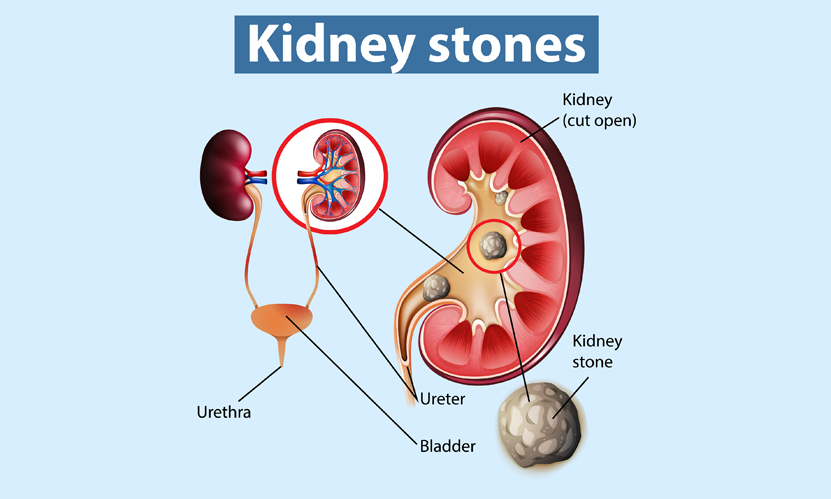
A Note to Parents of Children with Down Syndrome
Every family has their stresses, challenges and joys but when you have a child with Down syndrome, things are a little different. Besides juggling school, classes, sports, and jobs, you typically have a lot of extra visits with doctors and therapists in the mix.
That makes it even more important to accept the help offered and to pay attention to your own needs. Here are a few ideas:
Invite your friends and family to take part in caregiving.
People want to help, but don’t always know how. A simple, “It’s hard to manage a healthy meal on the table with all these appointments,” opens a door and gives them ideas of what they can do.
Do not be afraid to use it. Next time someone says, “Just let me know how I can help,” you’ll be ready with things you need help with.
You might think about seeing a therapist. They can help you to work through your feelings and provide you with tools to handle everyday stresses.
Exercise and eat well, even when you feel exhausted. Make a plan and stick to it as much as you can.
Everyday Tips
Like most children, kids with Down syndrome tend to do well with routine. These kids respond better to positive support rather than discipline. Keep both these things in mind as you try the following tips.
Help your child change from one activity to the another one with very clear signals.
Disclaimer This blog solely intended for the educational/informational/awareness purposes and is not a substitute for any professional medical advice, diagnosis or treatment. Please consult your doctor/healthcare professional before acting on the information provided on the blog. Reliance on any or all information provided in the blog, is solely at your own risk and responsibility. Mankind Pharma Limited shall not be held liable, in any circumstance whatsoever.
-
 5 Common Types of Fever in India23 Comments
5 Common Types of Fever in India23 Comments -

-
 5 Best OTC Products from Mankind Pharma18 Comments
5 Best OTC Products from Mankind Pharma18 Comments -
 Benefits of Yoga and 8 Diseases it can Cure15 Comments
Benefits of Yoga and 8 Diseases it can Cure15 Comments -
 All you need to know about thyroid disease3 Comments
All you need to know about thyroid disease3 Comments




